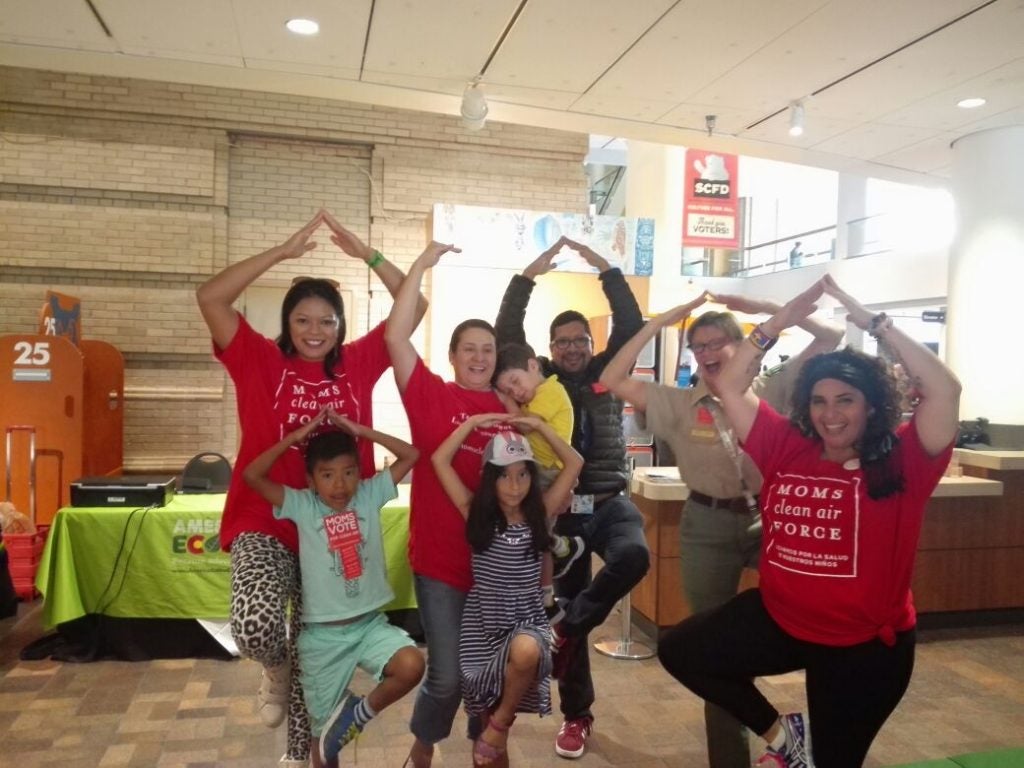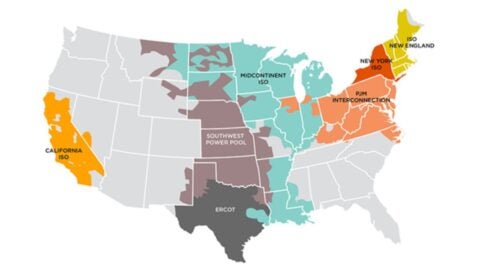Annual festival reinforces strong Latino connection to the environment
To kick off National Hispanic Heritage Month, which spans from September 15th to October 15th, Americas Latino Eco Festival convened for its fifth year in Denver, Colorado. The festival, organized by the Americas for Conservation and the Arts in partnership with the U.S. Forest Service, is a weekend-long gathering focused on the many ways in which Latinos and Latin Americans practice and promote environmental awareness.
This year’s festival focused on a call for unity and perseverance among environmental advocates to work together during challenging times. This idea is especially important as a swath of public health safeguards are under attack and as the Environmental Protection Agency faces steep budget cuts.
These actions would put Americans’ health and safety at risk and be felt by all, but Latinos in the U.S. and other minorities will be disproportionately impacted from weak environmental standards and enforcement. Already, nearly one in every two Latinos in the U.S. live in counties that frequently violate the standards for ground-level ozone, also known as smog, and Latino children are 40 percent more likely to die from asthma than non-Latino whites.
The festival’s activities covered a range of topics but a few key themes stood out to me as they reinforced Latinos and Latin Americans’ inherent connection to nature as a source of life, healing, and community:
- Sustainability is in our heritage and conservation is our legacy
For centuries, Latino communities have lived in sync with the land to prosper and to preserve resources for future generations. The festival devoted a session to the “acequia,” a system of communal irrigation canals to sustainably manage water distribution across vast, desert-like areas. We can learn immensely from this model of cooperation to more efficiently meet our needs while allowing nature to thrive.
Latinos are also the people who envisioned a zero-waste society long before it became a “modern” solution. Seven centuries ago, the Aztecs saw food waste as a resource that could be used productively in manufacturing and agriculture. They eliminated waste and found creative ways to incentivize recycling and reusing.
This unique take on sustainability is an ethic that continues in our culture today; for instance growing up in my household we reused everything, including repurposing butter containers as tupperware.

- Together we are stronger
The Latino community works tirelessly to bring communities together, to educate ourselves, and to demand equal access to a healthy environment. In the process, we try to be inclusive of age, race, gender, sexual orientation, religion, and nationality, demonstrating that we all have an indispensable role to play in environmental conservation.
The festival elevated this principle through an event organized with the Denver Museum of Nature and Science that brought 400 kids from Title 1 schools together to learn actionable ways in which they can be citizen scientists and environmental stewards.
- Just transitions must be center stage
The need to acknowledge that environmental progress will not be achieved without equity and without empowering front-line communities was embedded throughout the festival.
Whether transitioning to clean energy, providing disaster relief, or advocating for any environmental policy, all must seek to be done justly, keeping the vulnerable communities in mind.
As a Puerto Rican entering her seventh year in the Diaspora, I was reaffirmed about my role in the environmental movement, especially now as my home and the Caribbean grapple with recovery from Hurricanes Irma and Maria. Hearing from water protectors and commemorating the legacy of activist Berta Cáceres and the likes, all heroes who risked or lost their lives protecting nature, I felt triumphant and convinced that we have the right voices and tools to shatter all misconceptions about Latinos and the environment.
The festival was a testament to the strong commitment of Latinos and Latin Americans to conservation issues. Along with prioritizing a strong economy, we place water conservation and reducing air pollution as the most important issues that should be addressed by our government. We also disproportionately support action to address climate change, see the value in protecting national parks to strengthen the economy, and believe that outdoor activities, such as hiking and fishing, are an integral part of our culture and community.
Our culture and heritage have persevered for centuries, and have left an indelible mark in the environmental movement and this country. Likewise, I fully expect Latinos and Latin Americans will continue to demonstrate their resilience in the face of climate change.













